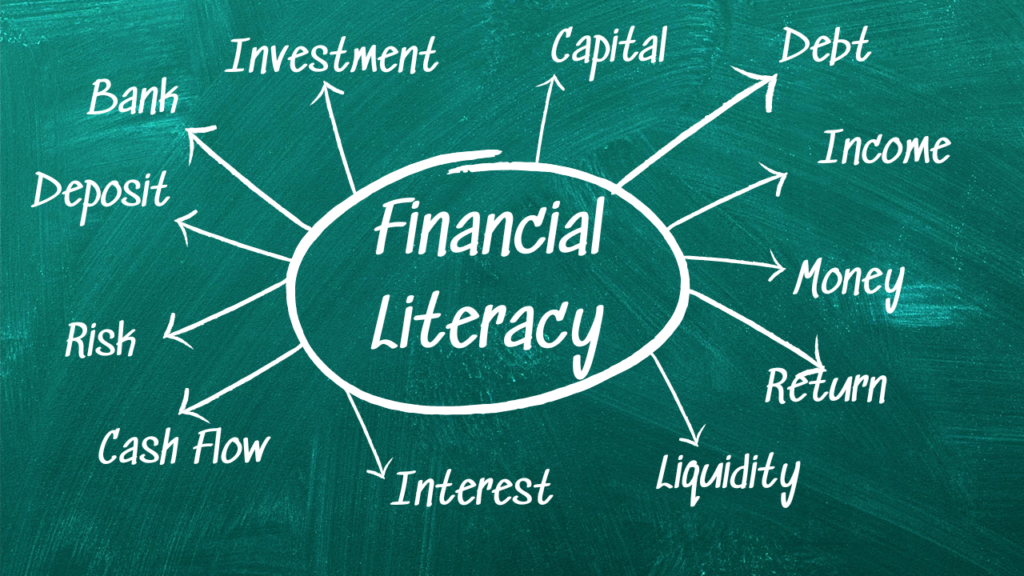The Importance of Financial Literacy in Schools

In today’s complex financial landscape, the importance of financial literacy cannot be overstated. As young individuals transition into adulthood, they face numerous financial decisions that can significantly impact their future. Integrating financial literacy into school curriculums is essential for equipping students with the knowledge and skills they need to navigate these challenges effectively.
Financial literacy education provides students with a strong
foundation in essential financial concepts such as budgeting, saving,
investing, and debt management. By understanding these basics, students can
make informed decisions that promote financial stability and independence. Early
exposure to these concepts helps prevent common financial pitfalls, such as
excessive debt and poor spending habits.
Promoting Long-Term Financial Wellbeing
Financial literacy is not just about managing money in the present; it also involves planning for the future. Students who receive financial education are better prepared to set and achieve long-term financial goals, such as buying a home, saving for retirement, or starting a business. This preparation fosters a sense of financial security and confidence, which is crucial for overall wellbeing.
Reducing Economic Inequality
One of the significant benefits of financial literacy education is its potential to reduce economic inequality. Financial literacy empowers individuals from all backgrounds to make sound financial decisions, thereby promoting economic mobility. By providing equal access to financial education, schools can help bridge the gap between different socioeconomic groups and contribute to a more equitable society.
Enhancing Critical Thinking and Decision-Making Skills
Financial literacy education also enhances critical thinking and decision-making skills. Students learn to analyze financial information, assess risks, and make strategic choices. These skills are transferable to other areas of life, fostering a generation of individuals who are not only financially savvy but also capable of making well-informed decisions in various contexts.
Encouraging Responsible Citizenship
Understanding financial concepts is essential for responsible citizenship. Financially literate individuals are more likely to engage in behaviours that benefit society, such as paying taxes, investing in the economy, and participating in charitable activities. By teaching financial literacy in schools, we are preparing students to contribute positively to their communities and the broader economy.
Incorporating financial literacy into school curriculums is a crucial step toward preparing students for the financial realities of adulthood. It equips them with the knowledge and skills necessary to make informed decisions, promotes long-term financial wellbeing, reduces economic inequality, enhances critical thinking, and encourages responsible citizenship. As we look to the future, it is imperative that we prioritize financial literacy education to ensure that the next generation is well-prepared to navigate the complexities of the financial world.
